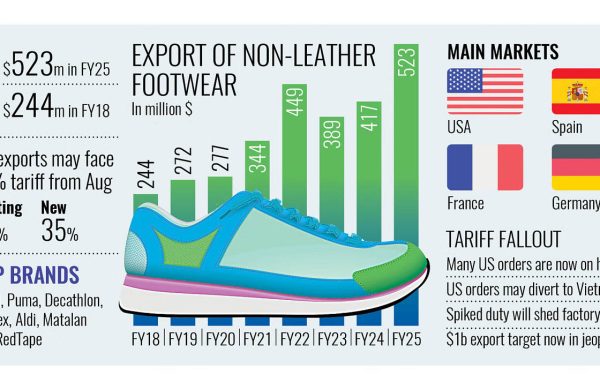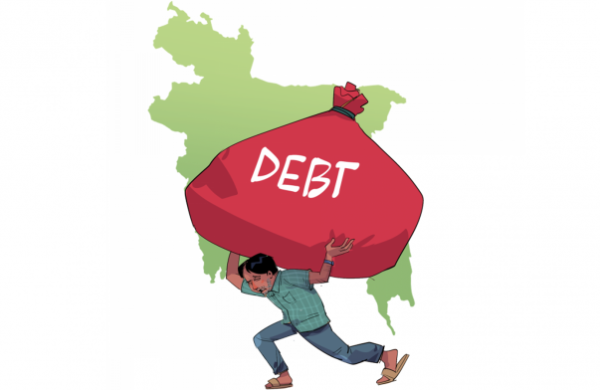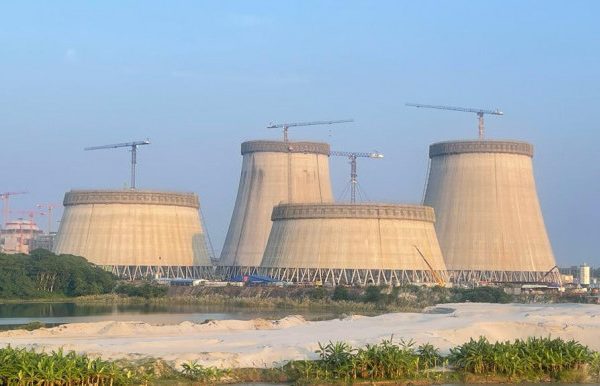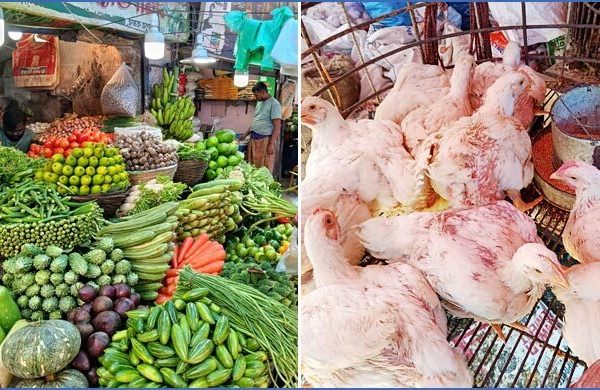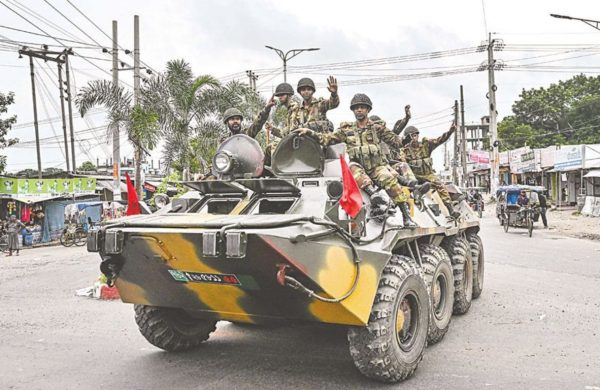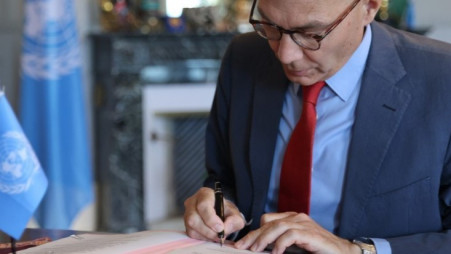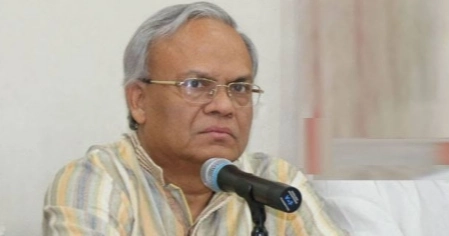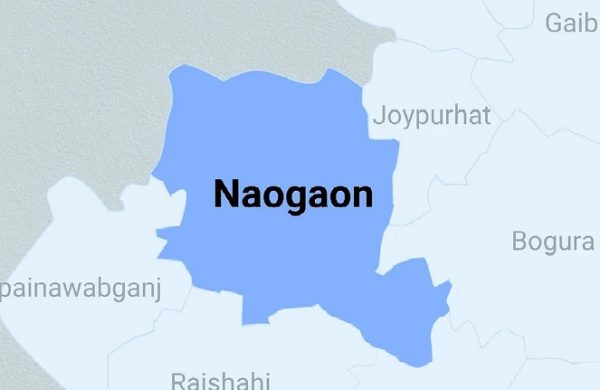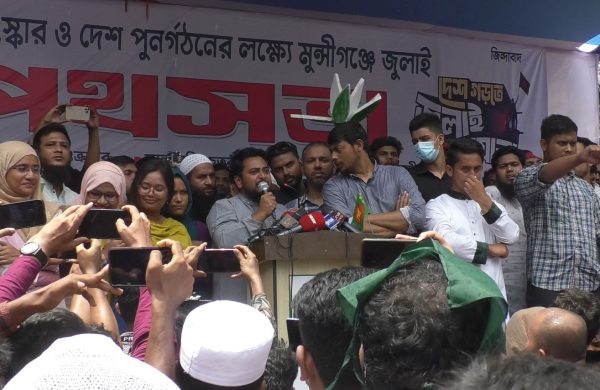Banks brace for stricter NPL rules, fear loss, eroding capital base
- Update Time : Saturday, January 11, 2025

TDS Desk:
All types of loans will be classified as non-performing after three months of being overdue – instead of the current six months – effective from April 2025, as the central bank aligns the rule with international best practices under Basel III.
As part of this initiative, the Bangladesh Bank collected detailed information from all banks in the last week of December to assess the potential impacts of implementing stricter NPL rules, according to top bankers who confirmed the matter to this correspondent. Bankers and credit rating agencies fear that some banks’ NPL ratios could rise to 30–40% under the new regulations, which will be reflected at the end of June.
While bankers agree that the updated classification rules are necessary for the sector’s long-term health, they warn of the immediate financial burdens these changes will place on both banks and businesses.
For example, banks will earn less from their loans since borrowers fail to pay interest or principal on time, banks are required to set aside more capital as provisions for potential loan losses and reducing available funds for lending. Also, increased NPLs are likely to erode a bank’s capital base, making it harder to meet regulatory capital requirements, such as the minimum capital adequacy ratio (CAR) of 12.50% against a bank’s risk-weighted assets.
Muzaffar Ahmed, Executive President of Credit Rating Information & Services Limited (CRISL), provided another example, saying that if a bank’s NPL reaches 40%, it will have only 30% of its assets available for lending. This is because 25% of the assets of some banks, particularly state-owned ones, are non-earning, and an additional 5% is tied up in cash reserve ratio (CRR) obligations.
“There could be significant impacts on Bangladeshi banks’ international business. Moreover, businesses will feel the pressure,” Ahmed told this correspondent.
What would banks do?
So, how are banks getting prepared to cope with the challenge that will push up NPLs, squeeze lending capacity and eat up profitability?
Abul Kashem Md Shirin, managing director and CEO of Dutch-Bangla Bank (DBBL), said his bank is already preparing for stricter loan classification rules.
“We noticed some borrowers had overdue payments of six, seven, or even nine months. We have successfully recovered those amounts. However, the real challenge will come in April when overdue payments must be reduced to three months,” Shirin explained.
DBBL has formed a taskforce to recover unpaid loans for over three instalments to address this. “For loans with minimal recovery chances, it is better to pursue legal action immediately rather than repeatedly rescheduling them,” he told this correspondent.
Syed Mahbubur Rahman, managing director and CEO of Mutual Trust Bank (MTB), said they have to be focused and make extra efforts to boost collection.
But banks alone cannot do this, he said, banks need support from the government, law enforcement agencies and the judiciary to make the collection of bad loans a success.
According to the MTB CEO, a change in customer behaviour is also an important factor as good borrowers also took the chance of the loose NPL policy – 90 days after overdue.
WORKING WITH DUBIOUS NPL DATA?
For years, the reliability of Bangladesh’s NPL data has been a contentious issue, particularly with multilateral lenders such as the International Monetary Fund (IMF), the World Bank, and the Asian Development Bank. “None of these organisations believe our NPL figures. This needs to be addressed for the sake of the country,” admitted a senior banker at a leading private bank.
In a bid to restore credibility and strengthen regulatory alignment, the Bangladesh Bank on 27 November issued a master circular, amending the classification and provisioning of all loans, which experts believe will result in a large amount of credit turning into NPLs.
MA Mannan, chairman of First Security Islami Bank, emphasised the importance of strictly implementing laws to recover bad loans. He expressed strong support for the new classification rules and urged the central bank to enforce them without compromise.
“It is a tradition for bankers and businesses to remain silent or resist reforms. When the government formed the Monetary and Banking Commission in 1995, banks feared the exposure of their real NPL figures. Yet, despite the initial shock, banks rebounded in the 1990s,” said Mannan, also a former managing director of Islami Bank Bangladesh.
He criticised lenient regulatory policies that have allowed certain businesses to exploit the system. “In First Security Islami Bank, some loans haven’t been paid for years, yet remain unclassified, further weakening the bank,” he told This correspondent.
Calling for decisive legal action against defaulters, particularly wilful ones, Mannan said, “Banks must act firmly and use the law effectively to recover their loans.”
NUMBERS SHOW THE CRISIS
The policy change, a condition of the IMF’s $4.7 billion loan package, has already sent shockwaves through the sector. As of September 2024, NPLs surged by a record Tk73,586 crore in a single quarter, bringing the total to Tk2,84,977 crore – approximately 17% of outstanding loans worth Tk16.83 lakh crore. Bankers attributed the surge to the reduction of the overdue period from nine months to six months.
Bankers and analysts warn that this figure will rise steeply under the new rules, with many loans, especially those to large corporate borrowers, expected to slide into default.
The scale of the problem is staggering. A White Paper released by the interim government after Sheikh Hasina’s ouster in August 2024 paints a grim picture: distressed assets in the banking system reached Tk6.75 lakh crore by June 2024, representing 31.7% of total loans.
The document identifies the sector as “corruption-ravaged,” with blame directed at high-profile borrowers and politically connected conglomerates. Many of the borrowers are alleged to have misused funds or siphoned them abroad, leaving the banking system heavily exposed.
THE END OF GRACE?
Bangladesh Bank’s latest move reverses a nine-month grace period introduced in 2019 that allowed term-loan borrowers six extra months beyond the initial three-month overdue period before classification as an NPL.
This leniency, critics argue, fostered a culture of habitual default. Since September 2024, the grace period has been reduced to six months, but the upcoming transition to the global three-month standard is set to expose the full extent of bad loans.
“The new rules are a necessity,” argued another senior banker, “but they will bring short-term pain. The banks must clean house, recalibrate their lending practices and recover bad loans to survive.”
Tailored solutions needed to separate defaulters
Dr Prashanta Kumar Banerjee, a professor at the Bangladesh Institute of Bank Management (BIBM), has pointed to years of unchecked lending practices, weak governance, and political interference as the root causes of the banking sector’s vulnerabilities.
“Banks that have become sick or problematic share common factors – poor corporate governance, ineffective appraisals of loan applications, and violations of single borrower exposure limits,” he said.
While acknowledging the painful transition ahead, Dr Banerjee pointed out the importance of the new reforms. “The changes represent a step toward greater transparency and alignment with global norms – a necessity if Bangladesh’s financial sector is to regain the trust of international lenders and investors,” he explained.
He underlined that the survival of banks is intrinsically tied to the health of businesses. “Banks cannot survive if businesses fail,” he noted, adding that solutions must be tailored to distinguish between situational and wilful defaulters.
The road ahead will undoubtedly be challenging, but Dr Banerjee remains optimistic. “As the dust settles, this recalibration could lay the foundation for a more resilient and credible banking system, albeit one forged in the crucible of reform,” he concluded.


